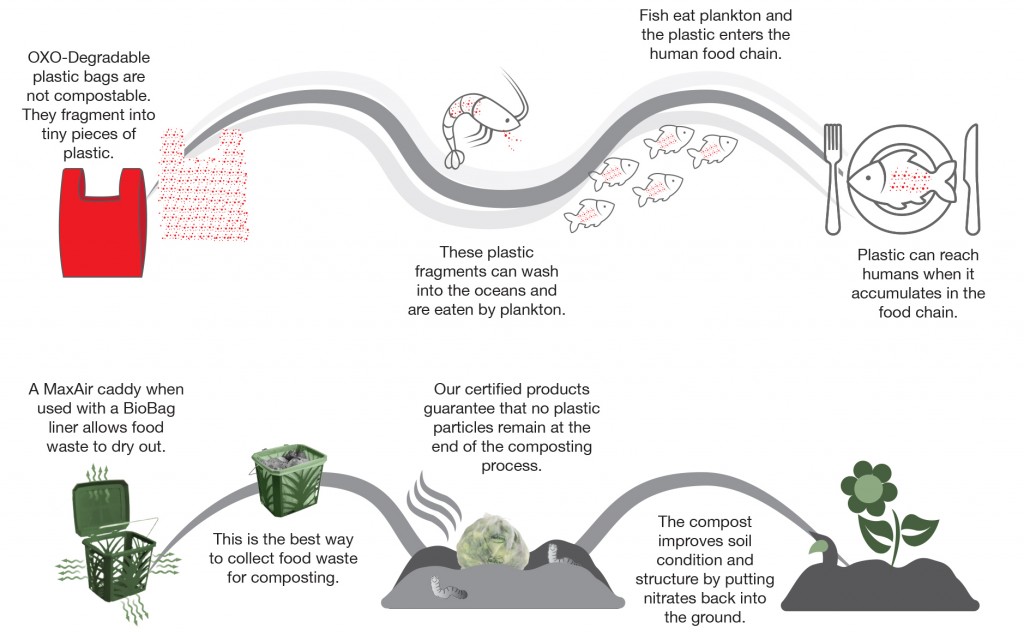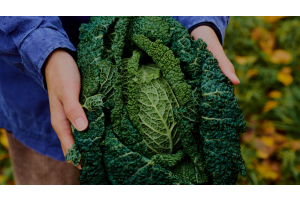Are OXO-biodegradable plastics environmentally friendly?

The use of plastic products is so widespread in Western countries that it’s clear that plastics will be part of the consumer market for years to come. However, there are responsible ways for manufacturers to produce plastic products just as there are responsible ways for consumers to use them. The process of manufacture, consumption and recycling is disrupted when plastics are mislabeled or misleadingly labeled to provide a sense of being eco-friendly when the item (or its packaging) is not in fact sympathetic towards the ongoing well-being of the earth.
What are OXO-biodegradable plastics?
The term ‘OXO-biodegradable’ doesn’t exactly trip off the tongue. However, despite being a mouthful, the concept of OXO-bio plastics has generated much debate as to whether their use is a solution to plastic litter, especially that caused by plastic bags, in the environment. OXO-bio plastics degrade in the presence of oxygen and the process is accelerated by UV light and heat. They will not degrade immediately in the open as they are stabilised to give the product a useful service life (approximately 18 months for a plastic bag for example). If exposed to the environment as litter they will biodegrade faster than natural waste (such as twigs and leaves) and much more quickly than ordinary plastic. Many countries in the Middle-East, Asia and Africa have made their use mandatory. However, are OXO-biodegradable products the perfect solution towards creating a greener planet?
Plastic Recycling
As OXO-Biodegradable products are conventional polyolefin plastics which contain additional chemical additives, they don’t fit the traditional plastic recycling procedures. The same chemicals which help these plastics fragment and disappear from the naked eye are as disruptive to natural processes of degrading as typical plastic litter, but don’t break down during the recycling process. Not only could these products contribute to excess litter, but they also disrupt the recycling of ordinary plastics.






